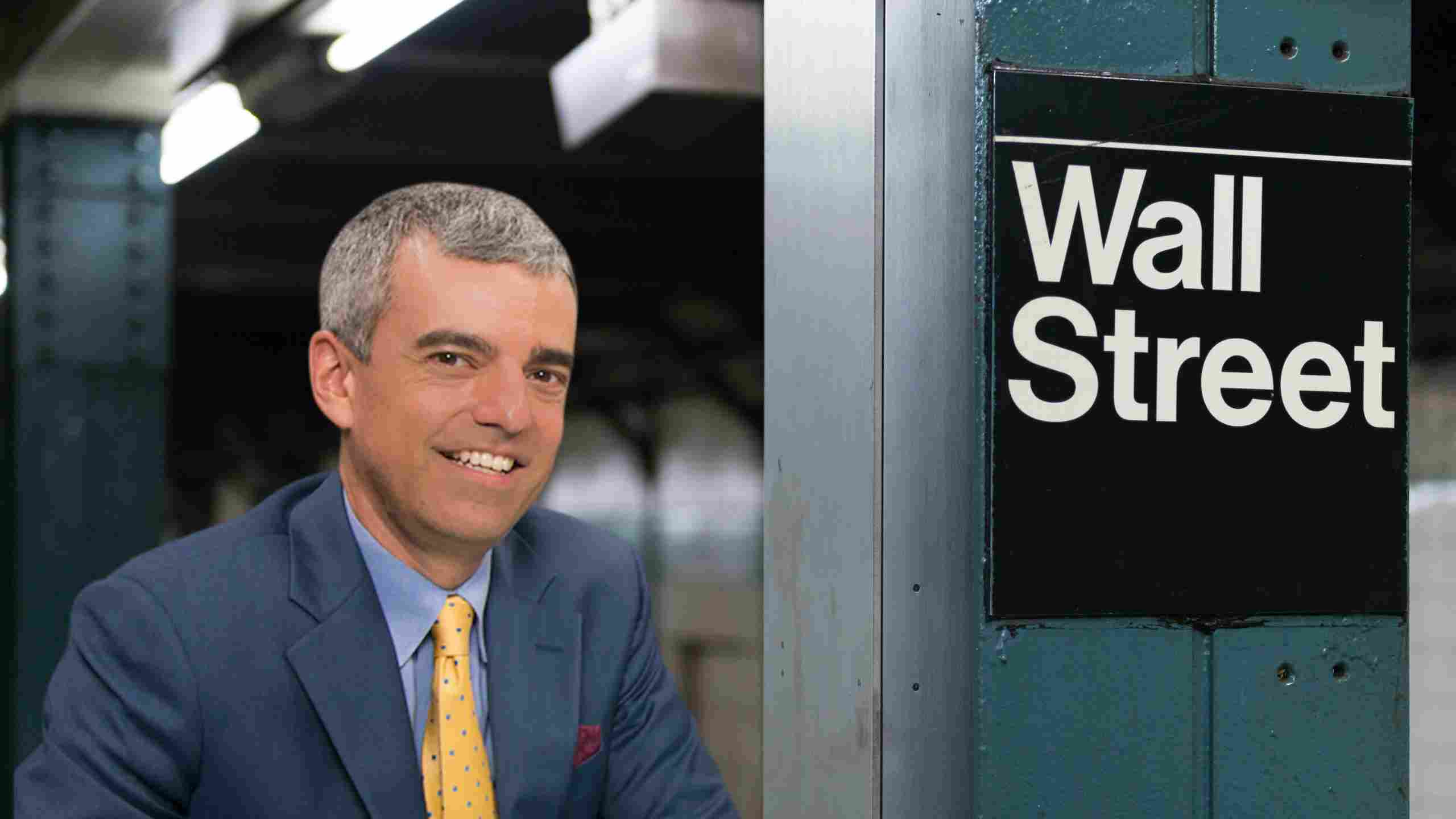Jeff Hooke’s book, The Myth of Private Equity, left asking the question, “What is going on?” far too often while being educated at the same time. During this conversation, we learned much about the myths of PE funds focused on leveraged buyouts. Some of the big ideas in this conversation include the enormous fees fund managers are collecting, the poor fund performance these funds generate, and the lack of transparency in their reporting to institutional investors.
Interview Highlights
- The reason the 2014 film Whiplash was brought up
- The Myth of Private Equity is 60 Minutes material
- Jeff’s rich background in private equity
- The PE myth is far more significant than Gerber’s
- Buffett’s investment that went awry
- The growth of LBOs and the Gibson Greetings story
- A simple overview of PE funds
- The three types of PE funds
- They are not hedge funds
- Exorbitant fees and the lack of fee transparency
- The amount of fees the KKR partners received on the RJR Nabisco transaction
- Busting the myth that these funds continually outpace the S&P 500
- A staggering amount of LBOs go bankrupt
- The three primary objectives of institutional investors
- High levels of inventory going unsold – try 68%
- The role of consultants and why they add little value to institutional investors
- The SEC’s role in regulation, or rather the lack of it
- Jeff’s favorite books
The Myth of Private Equity is a hard-hitting and meticulous exposé from an insider’s viewpoint.
Three Important Questions
Reading through the lens of our current professional perspectives is natural when reading both nonfiction and fiction. That was the case while reading Jeff’s book, The Myth of Private Equity. Again, I recommend this book.
Since I work with small business owners with revenues generally less than $75 million, I found several alarming practices in the LBO PE world that lead to several questions. I would love to be a fly on the wall if you are discussing these in a book club setting:
- Transparency and Character: Nearly every business owner I serve knows the Johnson & Johnson Credo. It states that they put the needs and well-being of the people they serve first. As I’m reading Jeff’s reporting on the unwritten LBO-centric PE firm credos, I can’t get J&J’s out of my head. Is that setting the bar too high? No, why should it? Accordingly, would PE firms have a better fund performance if they behaved by the J&J credo?
- I’ve spent the past 20+ years helping small business owners become more ‘open book’ in their companies. The primary part of this work is teaching every employee business concepts. We start with basic business literacy: marketing, sales, and operations. We then discuss how these three primary activities impact the holistic financial model. The document we elevate the most is the Danaher Business System based on total employee involvement, the heart of Open-Book Transformation. As I was reading the last third of the book, I was left wondering why key team members of institutional investors are not more educated on understanding the performance of the LBO funds. Regardless of these funds’ lack of reporting transparency, that was my interpretation. Do you agree? How would you create a Danaher Business System mentality for those managing and monitoring the health of institutional funds?
- Jeff wrote, “Buying is easy …” Yet many LBOs go bankrupt. Why? Some of the best financial minds in the world are behind these acquisitions. However, many can’t pay the bills and meet the ongoing debt load. What key takeaway can small business owners internalize as they contemplate acquisitions as a growth strategy?
One more time, thank you for writing this book, Jeff.
Jeff’s Talks At Google Presentation
Episode Pairings



Background Image Credit: Source via CC BY-SA 3.0


Leave a Reply